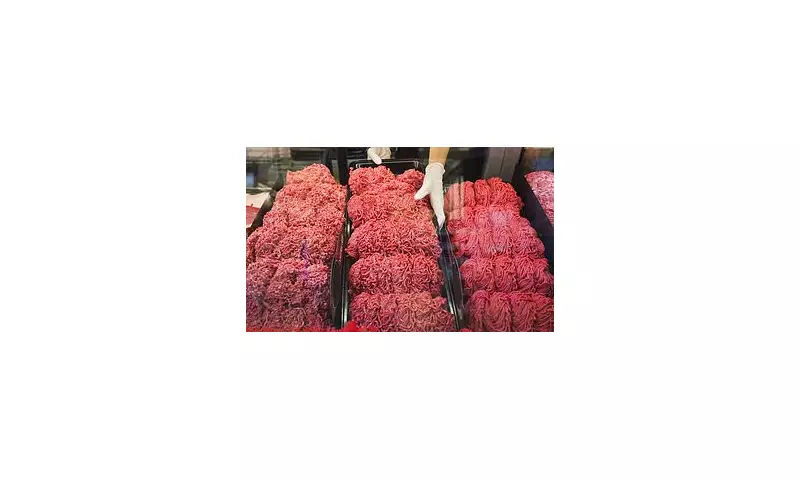
Canadian grocery stores will soon stock meat from cloned animals and their offspring without mandatory safety reviews or consumer labelling, following a controversial policy change by Health Canada.
Policy Shift Sparks Transparency Concerns
Health Canada recently abandoned its 22-year-old policy that classified cloned meat as 'novel foods,' eliminating pre-market safety assessments and allowing these products to be sold without any disclosure to shoppers. The change, planned for implementation next year, has drawn sharp criticism from consumers and industry stakeholders alike.
This move mirrors the situation in the United States, where the Food and Drug Administration (FDA) approved meat and milk from cloned cattle, swine, goats and their offspring back in January 2008. Nearly two decades later, many Americans are only now discovering that cloned meat has been part of their food supply all along.
Public Outrage and Ethical Objections
American consumers have taken to social media expressing shock and disbelief. One user stated: 'This is outrageous and has to be stopped immediately! If people want to eat it, fine! Everything needs to be marked with exactly what it is and the place of origin.' Others claimed they had purchased what they believed to be 'fake meat' in stores, with one proclaiming: 'The FDA has failed the American citizens.'
Opposition to cloned meat stems from multiple concerns including animal welfare, food safety, and ethical or religious objections. Critics highlight the high rates of suffering in cloned animals, including health problems and miscarriages, and the risk of antibiotics or hormones entering the food supply. Ethical objections often include general unease with the technology and fears it could lead to human cloning.
The process involves creating genetically identical copies of 'desirable' animals. These clones are then bred through normal reproduction, with their offspring eventually entering the food chain as meat without shoppers having any way to know.
Industry Response and International Context
The policy change has sparked outrage from duBreton, a major Certified Humane and organic pork producer, which sounded the alarm to consumers. The company stated: 'People have the right to choose for themselves. Quietly changing the definition of a novel food takes that choice away.'
In contrast to North American approaches, Europe maintains a ban on the cloning of farm animals and the sale of products derived from them. This positions the UK and EU markets distinctly apart from evolving North American practices.
Both the FDA and Health Canada concluded that these foods are not materially different from traditional meat and dairy, therefore requiring no special labelling. While cloned animals themselves remain rare and expensive, regulatory bodies expect that primarily the offspring of clones enter the food chain.
The Center for Food Safety criticised the FDA's approach, stating: 'FDA’s decision flies in the face of massive public opposition to animal cloning, widespread scientific concerns about the risks of eating food from clones, and troubling animal cruelty and ethical concerns associated with the cloning process.'
The agency admitted in its own risk assessment that a vast quantity of animal clones are unhealthy and would not be suitable for the food supply.
Consumer advocates argue that limited data and lack of transparency undermine informed choice, meaning shoppers are effectively buying products derived from cloning without disclosure despite ongoing scientific and ethical debates surrounding the technology.





